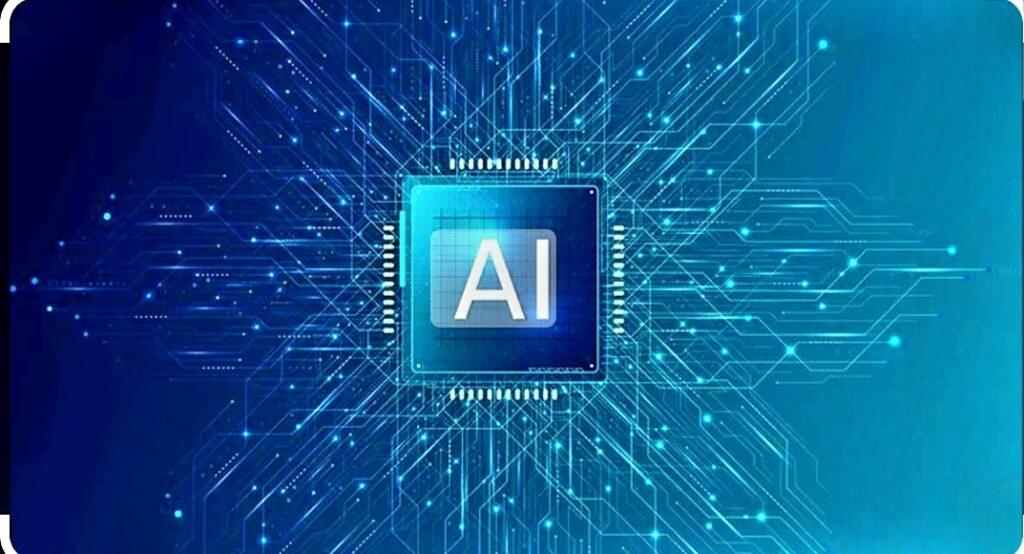
Artificial intelligence (AI) can significantly prevent energy loss through various strategies:
- Predictive Maintenance: AI can analyze data from sensors and equipment to predict when maintenance is needed. This prevents energy loss due to equipment malfunction or inefficiency.
- Smart HVAC Systems: AI can optimize HVAC system performance by adjusting temperatures, airflow, and operating schedules based on real-time data and occupancy patterns. This minimizes energy waste while maintaining comfort.
- Energy Usage Analytics: AI algorithms can analyze energy consumption patterns to identify inefficiencies and suggest improvements. This helps in optimizing energy usage and reducing waste.
- Automated Lighting Control: AI can control lighting systems based on occupancy and natural light levels, ensuring lights are only used when needed and at appropriate levels.
- Demand Response Optimization: AI can manage energy loads by predicting peak demand times and adjusting consumption accordingly. This helps balance the grid and reduce energy loss during high-demand periods.
- Integration with Renewable Energy: AI can optimize the use of renewable energy sources by predicting availability and managing energy storage and consumption to reduce reliance on non-renewable sources.
- Building Energy Management Systems: AI can integrate various building systems (HVAC, lighting, security) into a cohesive energy management platform, optimizing overall building performance and reducing energy loss.
- Real-time Monitoring and Feedback: AI can provide real-time feedback and recommendations to facility managers and occupants, encouraging energy-saving behaviors and practices.
By leveraging AI technologies, organizations can enhance energy efficiency, reduce operational costs, and minimize their environmental impact.

